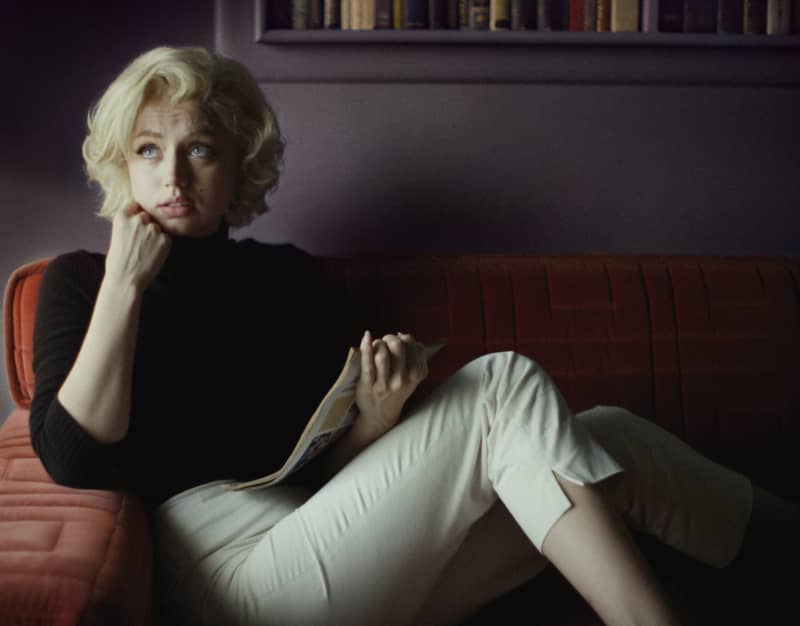The film Blonde, based on Joyce Carol Oates’ novel, has received harsh criticism. Netflix’s film has been criticized as objectifying and oppressive.
The author Joyce Carol Oates has emphasized that the novel is fiction, although it certainly describes many events based on reality and facts.
Released last week, it immediately became one of Netflix’s most popular movies. The much-anticipated film became a topic of discussion even before its release, for example due to its age limit recommendation. In the United States, it was labeled NC-17, which practically means Finland’s K18 restriction.
And no wonder, because the film contains a lot of nudity, sex and rape scenes and violence. For many viewers, the film has been too much.
The author defends the film
Reviews have described the film as very disturbing and rough. It is said to objectify Marilyn Monroe and make her a victim.
For example, the criticism of the New York Times states that once again the director has been more interested in Monroe’s body than in her thoughts. According to the critic, the director has reduced Monroe’s life to only tears, trauma and sex.
However, the author Joyce Carol Oates has stood up to defend the film, even though many critics have criticized the fact that the film does not reach the spirit of the novel at all.
According to him, the film is great cinematography, but not suitable for everyone.
The group of experts who participated in Yle’s radio program Kulttuuriykösen also considered the movie Ana de Armas a bright spot. Otherwise, Dominik’s film was mostly criticized.
– The timing of the film is a bit difficult to understand, because it has been here, after all
– The film revolves around age-old clichés. In addition, the male gaze is strongly visible in the film.
During the long film process, Eriksson’s relationship with Marilyn changed.
– In my film, I chose to portray Marilyn in the limbo between life and death. It also kind of dealt with exploitation, albeit in a very different way than the new Blonde movie.

